The Andrew Giles effect: ministerial direction to Administrative Appeal Tribunal leads to a free pass for bad men
There are more than 25 cases of criminals who faced the Administrative Appeal Tribunal and got their visas back as a by-product of Andrew Giles’s direction.
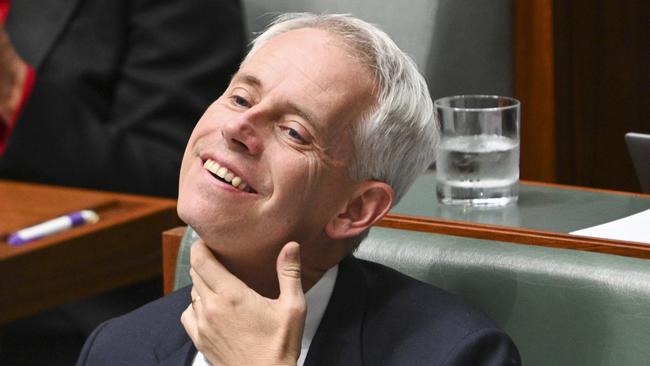
A suspected people smuggler, a pedophile, multiple repeat domestic violence perpetrators, drug traffickers, a kidnapper and a man who drove a stolen car into a police garage at speed are among dozens who avoided deportation because of Immigration Minister Andrew Giles’s push for more leniency for foreign-born criminals with ties to Australia.
In a move that occurred a year before the High Court let hundreds of criminals out of immigration detention, Mr Giles directed the Administrative Appeals Tribunal to start considering the strength of an individual’s connection to Australia when weighing up whether a criminal should be kicked out of the country.
The Weekend Australian has uncovered more than 25 cases of criminals who faced the AAT and got their visas back as a by-product of Mr Giles’s direction.
The wave of criminals allowed out of detention under the direction escalates the Albanese government’s political crisis over border control and the release of foreign-born offenders into the community.
The impact of Mr Giles’s ‘Direction 99’ has been in the spotlight since one of those released as a result of that direction, Sudan-born Emmanuel Saki, went on to allegedly stab another man to death in Queensland on Mother’s Day.
The direction was formally handed down by Mr Giles on January 23 last year, shortly before a visit to Australia by New Zealand’s then-prime minister Chris Hipkins. His predecessor Jacinda Ardern had long been critical of Australia’s preparedness to deport back to New Zealand offenders who had spent the bulk of their lives in Australia.
A review of dozens of AAT decisions handed down since then shows that the strength of an individual’s ties to Australia was either a decisive or contributing factor in almost all of the body’s decisions to revoke the cancellation of various criminals’ visas. Of the 40 decisions reviewed by The Weekend Australian, 28 resulted in the cancellation of the offenders’ visas being overturned. Of those 28 decisions, 27 of them cited the “strength, nature and duration of ties to Australia” as a factor in that outcome.
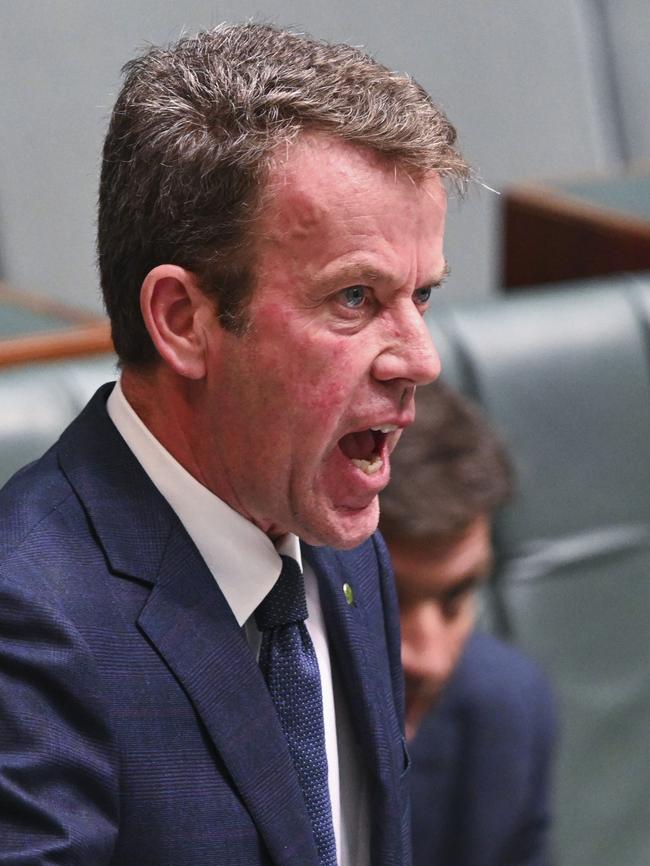
Among those to have their visas reinstated was an Afghan man investigated over his alleged involvement in people-smuggling ventures and who was identified by ASIO as being a security risk.
The man, identified only as XRGY, was born in Afghanistan but was taken by his mother to Pakistan at the age of four. He married an Australian citizen in Pakistan in 2007 in an arranged marriage, before arriving in Australia the following year as a 21-year-old.
While the Australian Federal Police in 2012 concluded that any case against him for people-smuggling was unlikely to succeed, ASIO subsequently assessed that he had been involved in people-smuggling activities targeting Australia and would continue to engage in people-smuggling if he were allowed to continue to reside here.
AAT deputy president Stephen Boyle, however, in April last year found that the strength and nature of the man’s ties to Australia weighed against the refusal of a visa. Coupled with the potential legal consequences of not granting the man a visa, Mr Boyle found those reasons outweighed the considerations for cancelling the visa.
Several individuals with multiple domestic violence convictions have also had their visas reinstated since Direction 99 was issued, despite that direction re-emphasising conduct that constitutes family violence as a primary consideration.
At least six people with multiple domestic violence convictions against them have had their visa cancellations overturned since Direction 99 was issued. Among them was an Iranian-born man who arrived in Australia as a 23-year-old. The man, referred to as YVBM, has an extensive criminal record including convictions for slapping and pulling the hair of his wife when she was five months pregnant, kicking her when she was 36 weeks pregnant, hitting her in the face with his phone and telling her “he will hurt her so badly that she will not be able to walk again”. The tribunal found that the strength of the man’s ties to Australia weighed heavily in favour of revoking the cancellation of his visa, citing his support for his family and his status as a “diligent and committed employee”, while the likelihood of the man entering indefinite detention also worked in his favour.
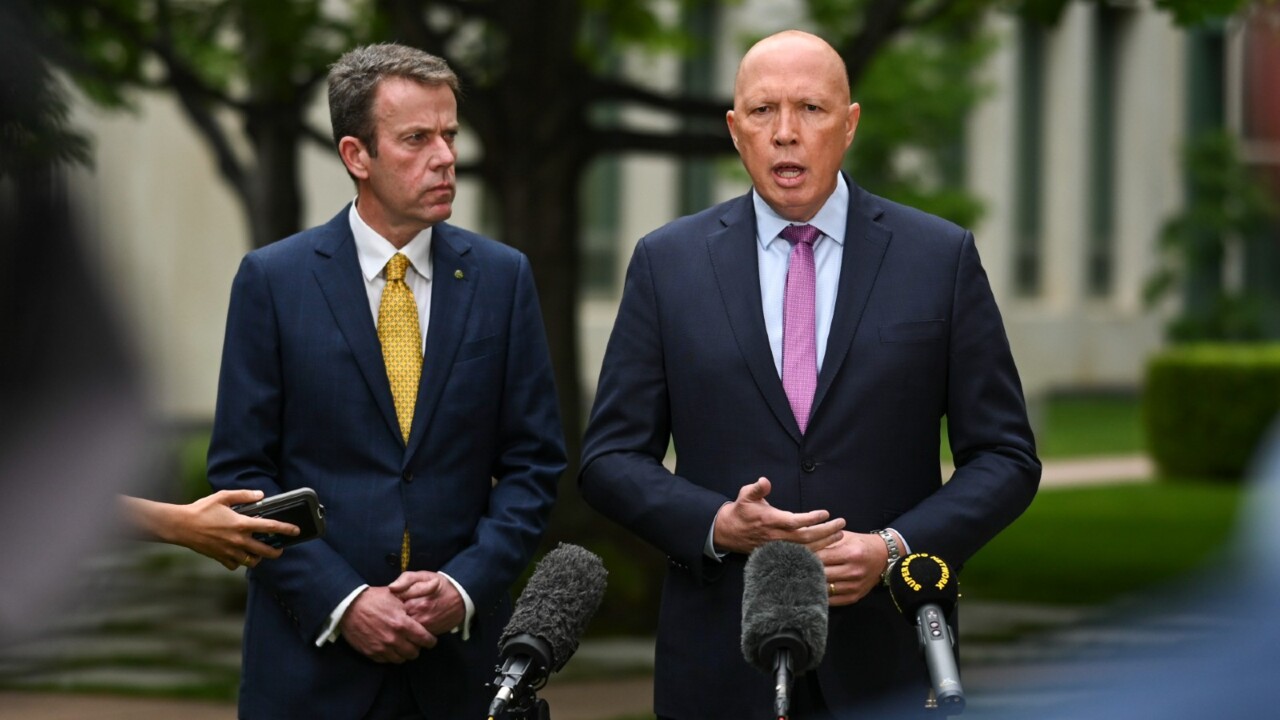
The decision by AAT deputy president Justin Owen said: “The tribunal notes the applicant’s past long record of offending, particularly in the distasteful and reprehensible area of family violence. The tribunal notes his statements of remorse, his claims he has genuinely changed after his rehabilitation, and his commitment to do better by his partner in the future.
“The applicant is clearly on notice: this decision in the applicant’s favour was very marginal. The tribunal notes that any future reoffending may see his visa again cancelled, whereby a future decision maker may not afford the applicant the same latitude and another chance at redemption.”
New Zealand-born Dawson Rawiri also had his visa cancellation revoked despite an extensive domestic violence history, including punching his wife in her face and splitting her eyelid, and assaulting his 15-year-old son.
The AAT opted to revoke the cancellation despite what it said was “a real risk he may reoffend”.
Mauritius-born Rakesh Razwantee had the cancellation of his visa revoked despite being sentenced to 18 months imprisonment last year for using electronic communication with intent to expose a person under the age of 16 years to indecent matter.
Razwantee was found to have sent explicit images of himself to a child known to him through a family friendship, groomed her to consider engaging sexually with an older person, and attempted to meet her for the purpose of engaging in sexual activity. Mr Boyle in his decision noted that Razwantee had contributed to the Australian community through his regular employment and charitable work through his church.
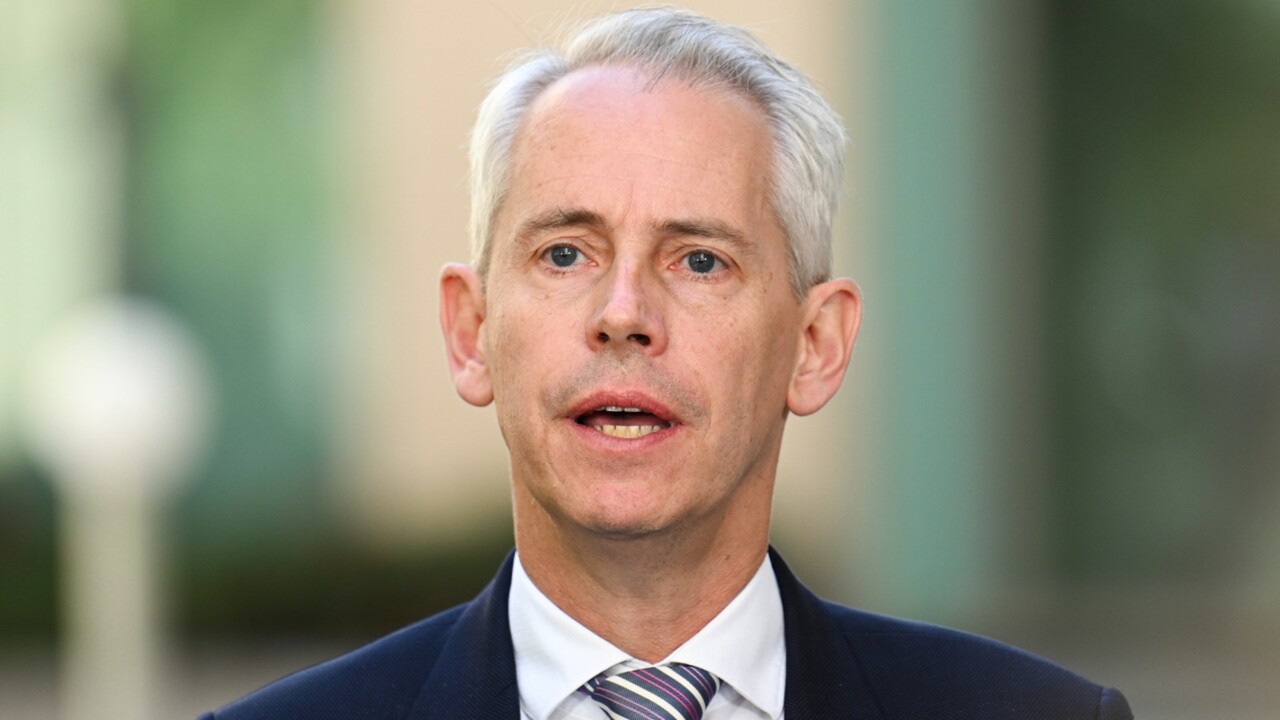
A Nigerian-born man who moved to Australia at the age of 40 and was arrested and charged with importing a commercial quantity of methylamphetamine four years later. The man, referred to as TJHG, was sentenced to nine years imprisonment. AAT senior member Paul Fairall found that the strength of TJHG’s ties was a primary consideration weighing in favour of cancelling the revocation of his visa.
A New Zealand-born woman referred to as WCHR also had her visa reinstated despite being sentenced to three years in prison after she was involved in kidnapping a man in Cranbourne. During the incident, the woman threatened the man with a tomahawk and a gun. She had previously been convicted of assault in 2018 involving a baseball bat and an attempted home invasion involving an axe. The tribunal, however, found that the woman’s ties to Australia, where she had lived since the age of four, carried substantial weight in favour of reinstating her visa.
A Sudan-born man who arrived in Australia at the age of 14 was also spared deportation despite multiple family violence convictions and an incident in which he drove a stolen vehicle at speed into a police garage.
AAT senior member Chris Furnell said the man’s case was finely balanced between protecting the Australian community against other considerations including his ties to Australia. Mr Furnell ultimately opted to cancel the revocation of the man’s visa.
The fallout from Direction 99 comes amid ongoing scrutiny of Mr Giles and the Albanese government’s handling of the 152 people released from indefinite detention following a High Court decision late last year. Several of those individuals have since been arrested on fresh offences.
Opposition immigration spokesman Dan Tehan said it was clear that Direction 99 was having an impact on community safety.
“Andrew Giles needs to explain why he won’t change this direction and why he won’t change it immediately,” Mr Tehan said.
“What this clearly shows is that your ties to Australia are given primacy over everything else. No matter how Andrew Giles tries to spin it, he is endangering the Australian community through the changes he made. Once again, this is a complete mess of the minister’s own making.”
Mr Giles said this week he was seeking urgent advice in relation to Saki, and criticised the AAT’s decision to reinstate Saki’s visa as “inconsistent” with Direction 99.
Asked on Friday about the number of visa reinstatements that had relied on Direction 99, a spokesman for Mr Giles said the direction placed a “significant emphasis on serious offending and family violence – which need to be considered in all matters”.




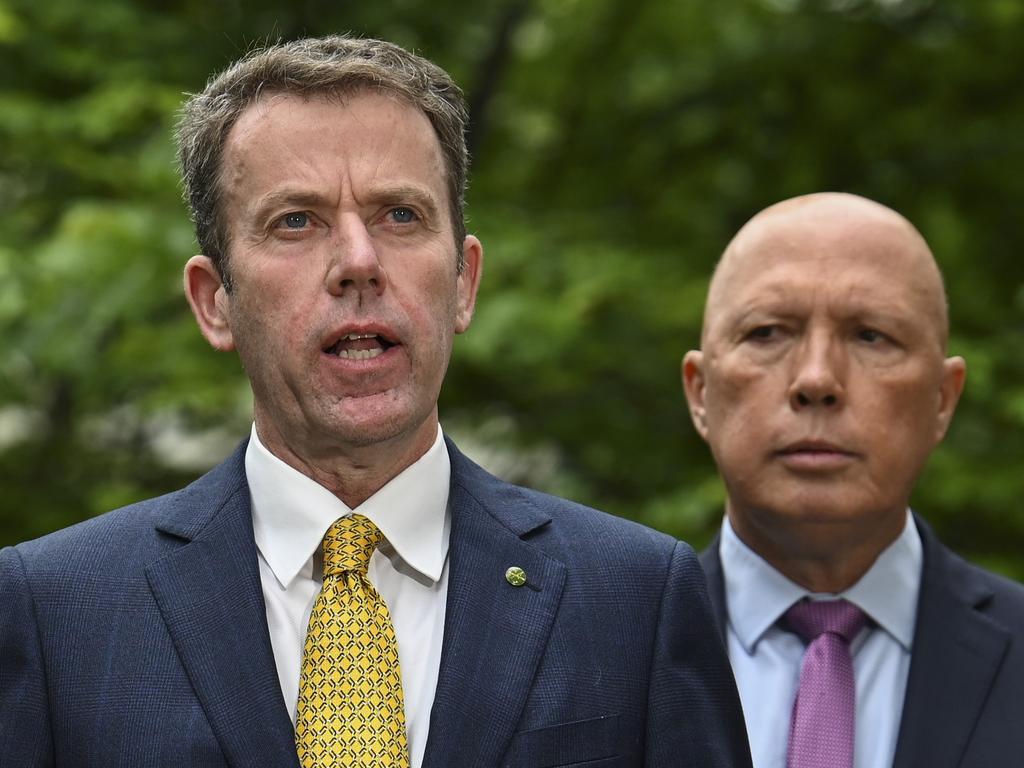



To join the conversation, please log in. Don't have an account? Register
Join the conversation, you are commenting as Logout